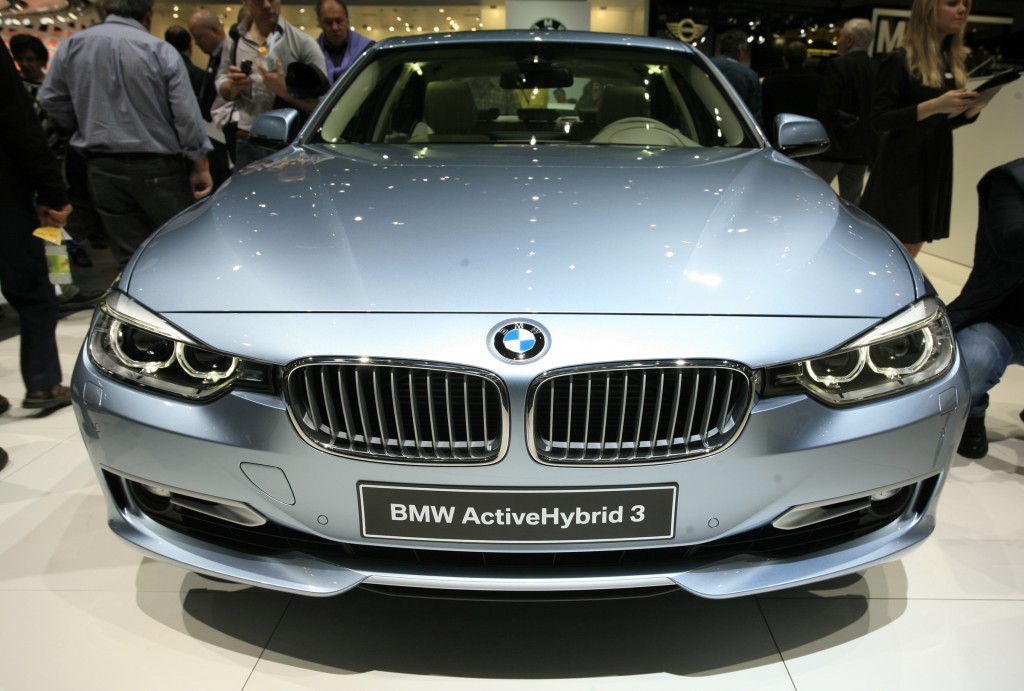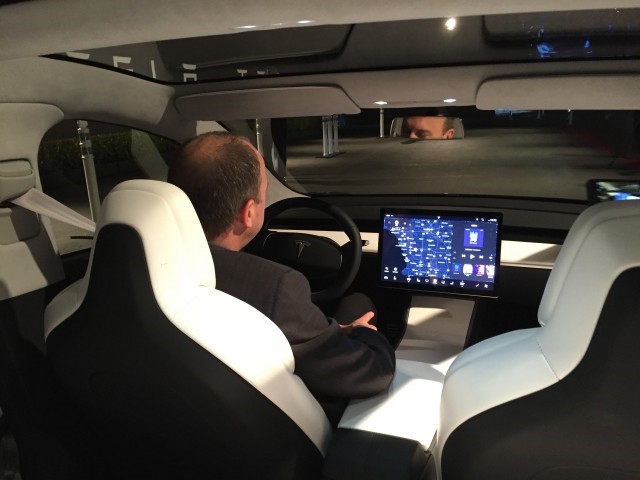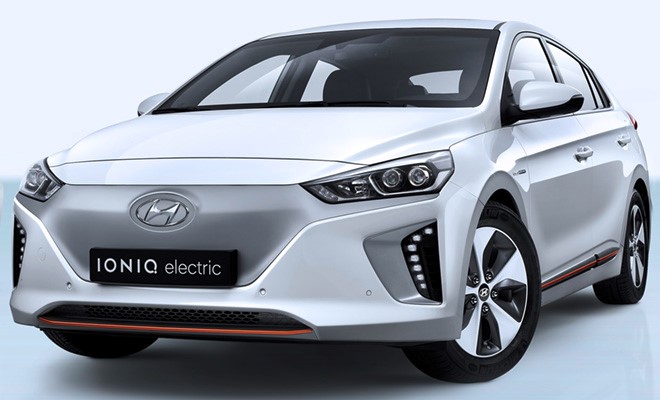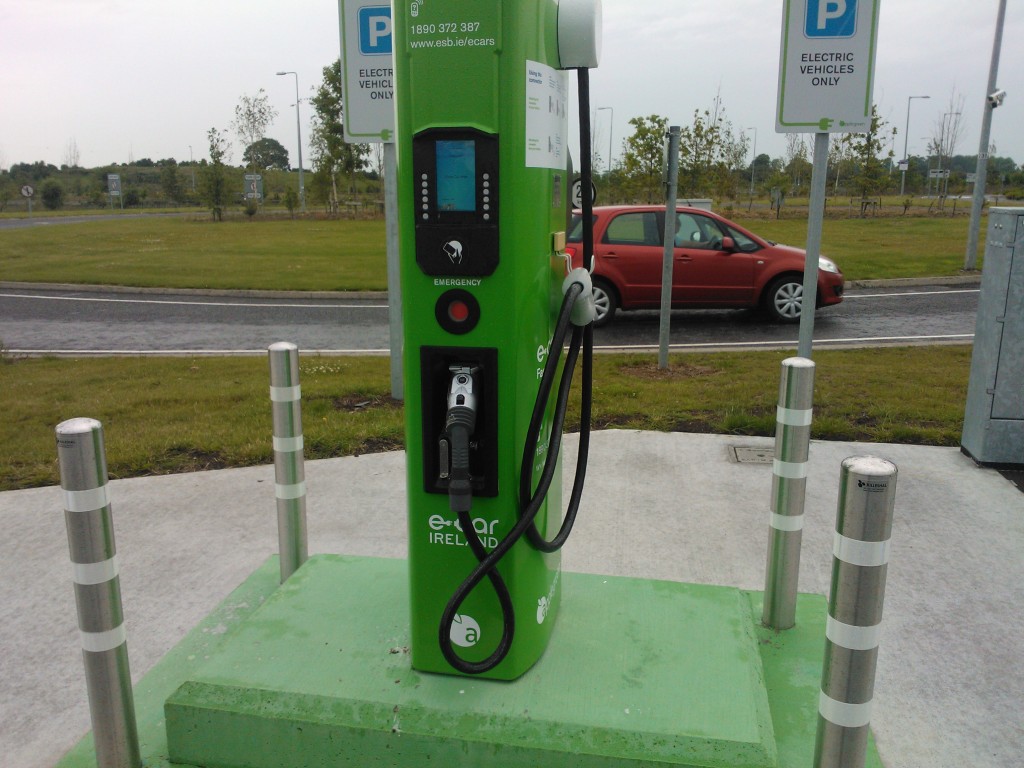Why are Electric Vehicles not selling in Ireland?
The current economic climate in Ireland and indeed across the world, has poured cold water on new car sales in Ireland in the last few years. A lack of available finance from our banks, Job insecurity and a tightening of household finances are just some of the factors that have resulted in motorists not changing their cars as frequent.
In the last budget, the government introduced an incentive to eliminate superstitious fears of having a “13” registration plate and the knock on effects of reduced sales by introducing a split registration year.
Vehicles purchased in 2013 and before June 31st will have a registration plate with “131”, sales after this, up to the end of the year will have “132”. This was never designed as a catalyst for motor sales but simply an attempt to eliminate a factor in declining future sales.
In such tightened times, consumers, including motorists, are much more aware of their spending patterns and demand more for their buck. Shopping around for savings on servicing and fuel etc. All things considered, one would think that with Petrol and Diesel prices increasing steadily that consumers would turn to an alternative if it existed.
An alternative that would substantially save them on their yearly running costs. Well, that alternative does exist. It’s been around for over 100 years and it works, costs a fraction to run in comparison to conventional vehicles and is constantly being improved. That alternative to Petrol and Diesel transport is Electric transport.
Talk to the man on the street about electric cars and what will spring to mind is a tiny 2 seater, with limited range when fully charged and expensive to buy. While this may have been the case 20 years ago, Electric Vehicles have advanced enormously since. Every major car Manufacturer now has a number of Electric models in production.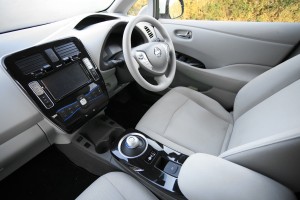
There is no difference in the appearance of an EV over a conventional engined Vehicle and with the use of Lithium polymer batteries, drivers can achieve up to 400km on a full charge.
The cost of this battery technology prohibits the economics of using them in standard Electric Vehicles, except for EV’s like Tesla’s model S or similar high-end models. But like every new technology, the cost of this technology to the consumer will reduce over time as advances are made.
So why are we not turning towards this alternative to cheaper motoring considering we have one of the best charging networks in Europe ? Well, while a standard 4 seater family car will cost you anywhere from €15k -€25k a similar sized EV such as the Nissan Leaf will leave you with little left out of €26k ( after a grant of €5k). It is the initial high purchase price of an EV which is the crux for most people toying with the idea of going electric.
It is widely accepted that when battery technology improves and it becomes an industry standard for every EV to have a range of around 300km, consumers will seriously look closer at the advantage of embracing this technology. Until then sales will remain slow, but make no mistake, Electric Cars are here to stay.
